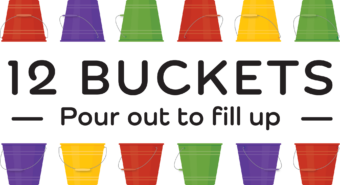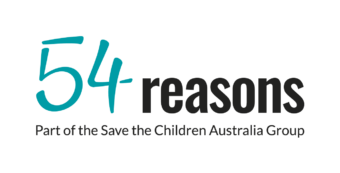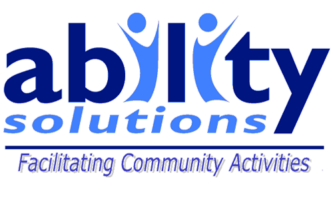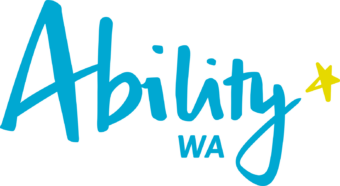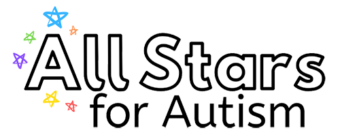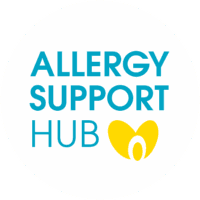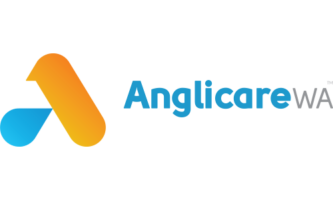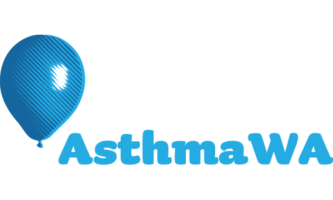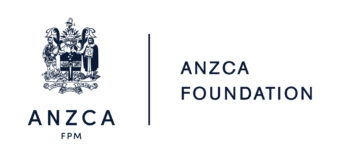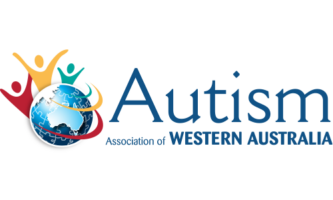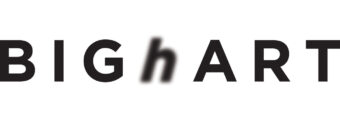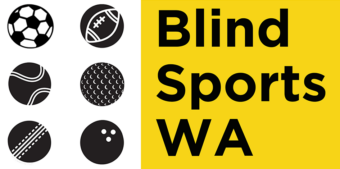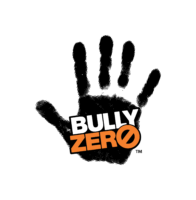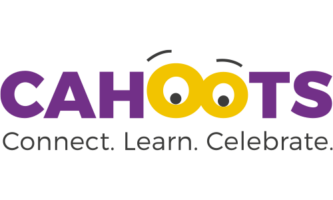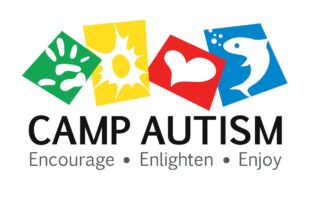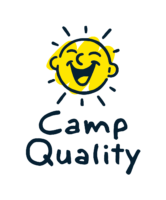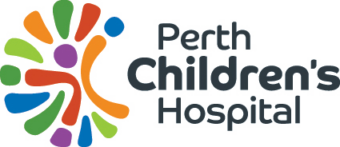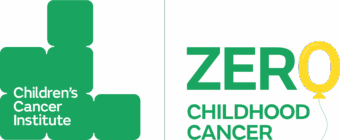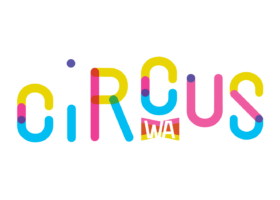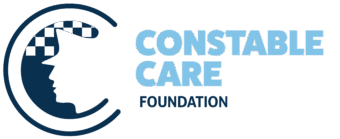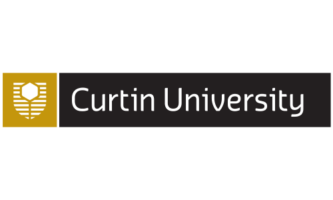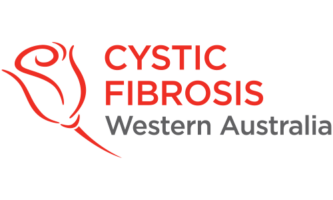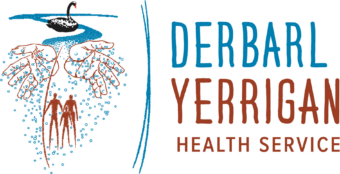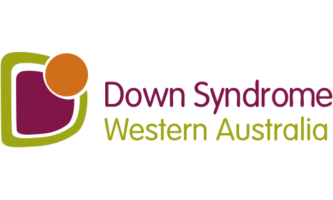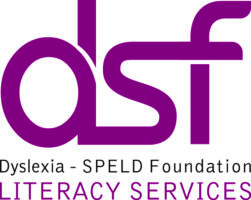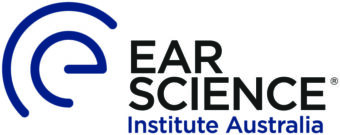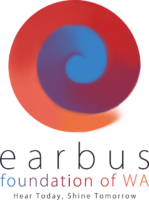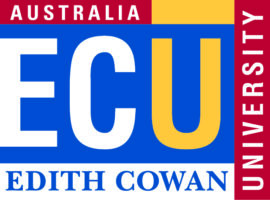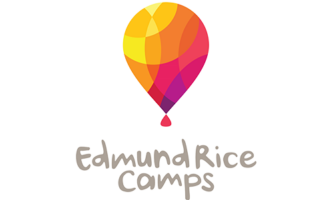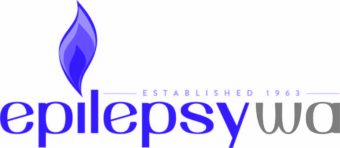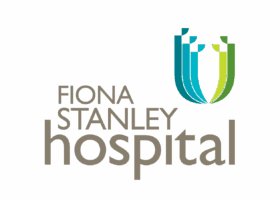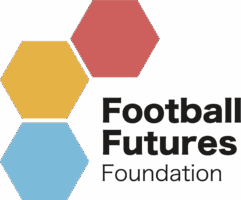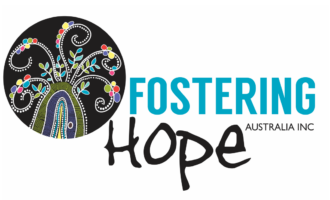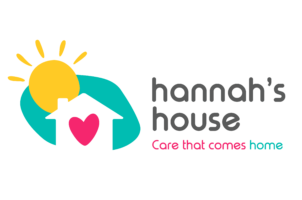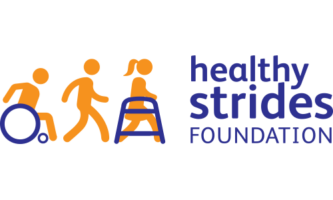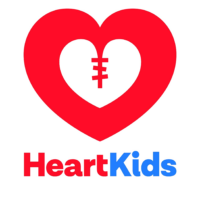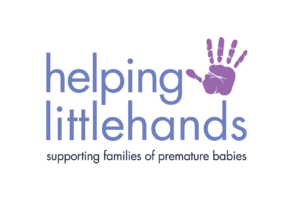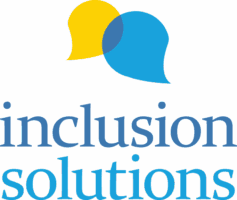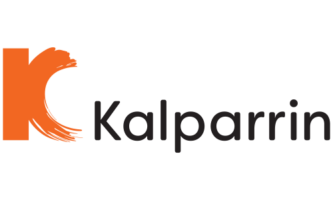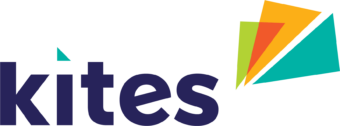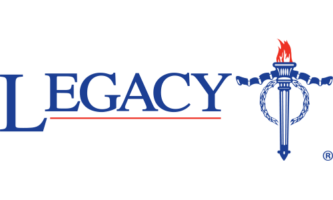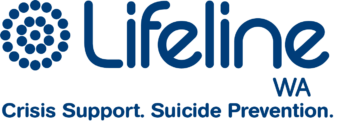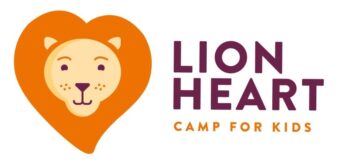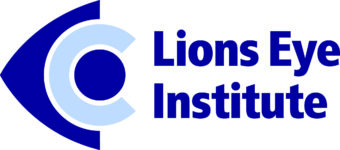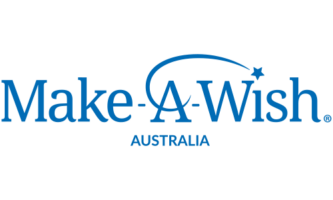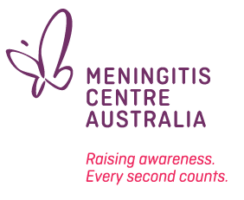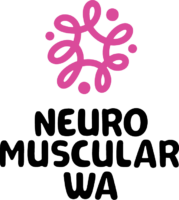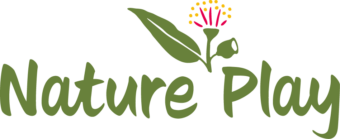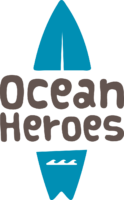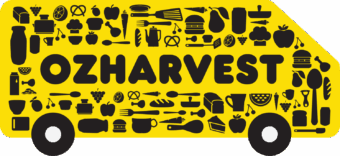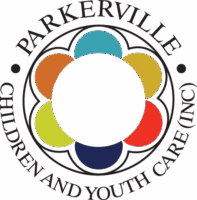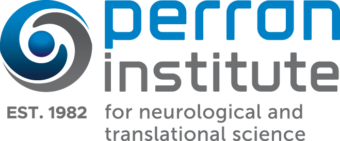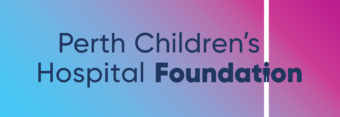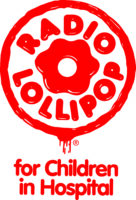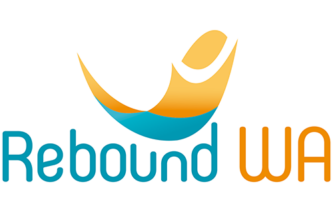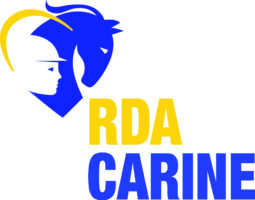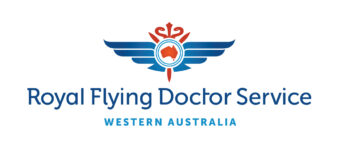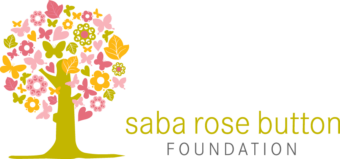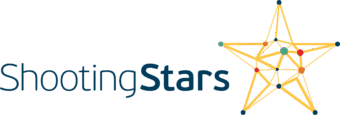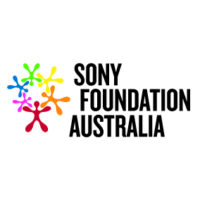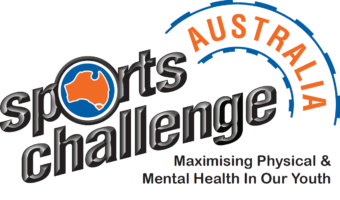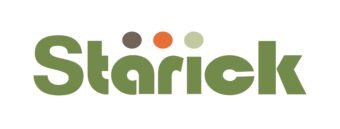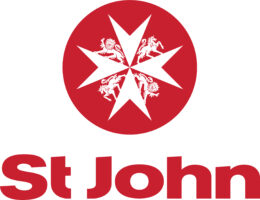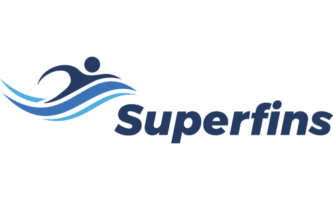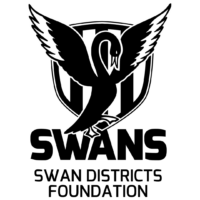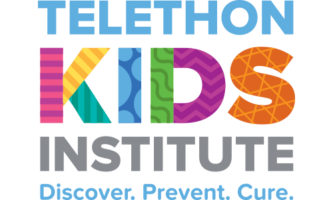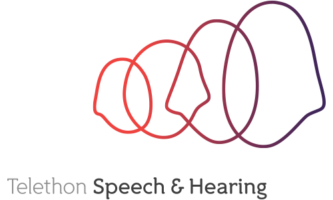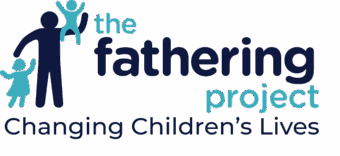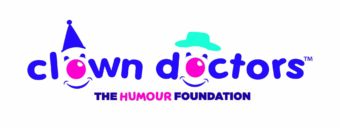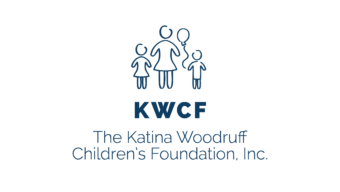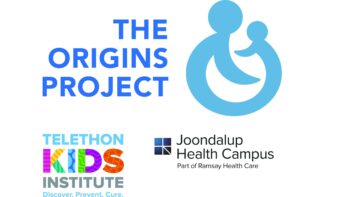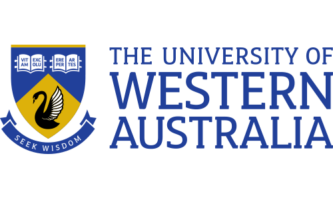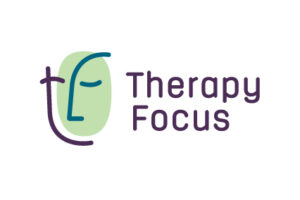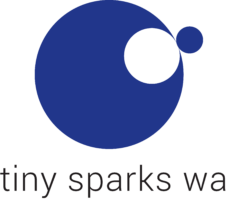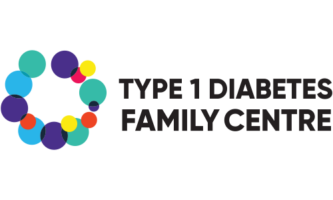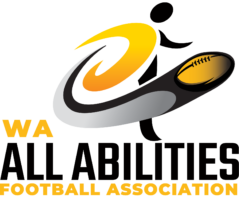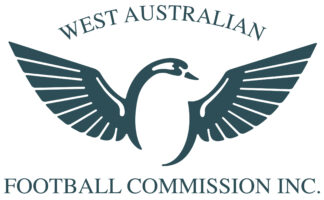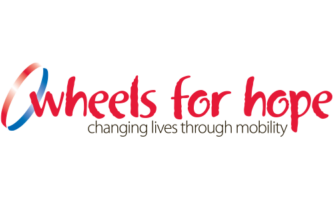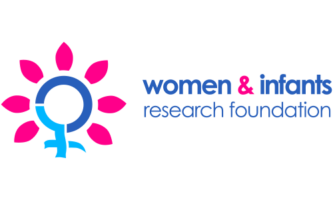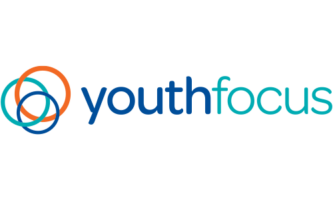How can you help?
12 Buckets
Big Buckets and Future Leaders are group mentoring and personal development programs for educationally disadvantaged students from local high schools who need guidance and additional support during their high school years. These programs are led by a youth coordinator with assistance from a youth worker and 12 Buckets volunteer mentors.
54 Reasons
The Home to School program supports culturally and linguistically diverse families who have migrated to WA and are likely to experience language and knowledge barriers to critical services. Program participants are supported in the education, health, wellbeing and social services essential to their child’s healthy development.
Ability Solutions
The High Care Kids project works closely with children living with severe and complex disabilities across Perth metro and regional areas of WA, using modified activities and adaptive recreation equipment; The All Abilities Art project provides participants with an opportunity to engage in artistic expression when they otherwise have limited opportunities to participate in these sessions at their own discretion.
Ability WA
The In-home Baby Intervention Service (IBIS) provides early intervention therapy to babies with or at risk of developmental delay or disability. Experienced therapists provide invaluable support in the comfort of the child’s home. The Early Intervention Equipment Library provides children living with disability and developmental delay with quick access to a well-stocked loan library of equipment, allowing them to continue developing at their own pace.
All Stars for Autism
The Teen Mentoring Program provides an exciting opportunity for autistic high school students to mentor autistic primary school students. This ground breaking initiative enables autistic children to connect, collaborate and inspire each other as they work together on creative and meaningful community-driven projects.
Allergy Support Hub
Allergy Support Hub’s vision is for children with allergies and their families to live their best life. Through the provision of support, education and psychological services they assist children and their families to navigate allergy diagnosis, manage life transitions, and provide support for the bumps along the way.
Anglicare WA
Young Hearts is a free counselling service, giving vulnerable children a safe space to explore their experiences of family and domestic violence. Through art, dance, play and talk therapy, Young Hearts empowers children to overcome their trauma, while developing the skills to build healthy relationships and thrive in the future.
Asthma WA
The Children’s Asthma Hub is the only service allowing children with respiratory conditions to access paediatric lung function testing, specialist review and education together, ensuring accurate diagnosis, correct treatment and increased knowledge of managing the condition at home, decreasing hospitalisations and life-threatening asthma attacks. The forced oscillation technique machine is a non-invasive method of lung function testing that measures the respiratory system’s resistance and reactance during breathing.
Australian Children’s Music Foundation
Australian Children’s Music Foundation will deliver long-term music education and instruments to children and at-risk youth, allowing children the opportunity to learn and develop musical skills while experiencing the joy of creativity, developing imagination, and achieving positive educational and behavioural outcomes.
Australia and New Zealand College of Anaesthetists Foundation
During laparoscopic/keyhole surgery, ventilators take over a child’s breathing. Prolonged ventilation can injure the lungs, particularly in young children who are at an increased risk for airway and lung damage. The COMET study uses a novel non-invasive method for the continuous assessment of lung mechanics in anaesthetised children which has potential to transform global practice in how children are ventilated during surgery.
Autism Association of WA
Autism Connect supports vulnerable families of young children with autism to access early diagnosis, funding and intervention. The program includes specialist playgroups for children and their parents, workshops for community professionals, and programs that increase family capacity and relationships including parent support groups tailored to the unique needs of father figures of children with autism and groups for siblings.
Big HART
Every child, everywhere, has the right to thrive. Banthunguru-bura (Next Generation) delivers intergenerational workshops, grounded in culture, held by Elders, and delivered on country in Roebourne. Children learn a range of new skills and confidences, then apply them in front of their community, receiving positive feedback and boosting a sense of belonging, confidence and resilience.
Blind Sports WA
Let’s Get Visible is an after-school sports and recreation program aimed at school age children who are blind or vision impaired. The program provides a safe space for children to learn and develop fundamental gross motor skills through a variety of blind sports and recreational activities. These activities will increase their self-confidence, spatial awareness, physical and mental health through exercise, improve their social skills, provide a sense of belonging and give incidental supports whilst also creating friendships. Funding will also support the procurement of specialised sports and recreation equipment.
Bully Zero
The WA Inclusive Communities Project aims to reduce incidents of bullying and its harmful effects on the wellbeing of vulnerable children in WA. The project aims to achieve this through the delivery of powerful bullying prevention programs in 75 schools across Perth and regional areas of WA.
Camp Quality
Every day in Australia, 38 children discover that their Mum or Dad has cancer. For these kids the enormity of the diagnosis has an impact on their emotional wellbeing. They can feel afraid, alone and isolated. Camp Quality’s Kids Impacted by Carers Cancer Program provides direct, tangible support to these kids and their families.
Child and Adolescent Health Service
The Child and Adolescent Health Service (CAHS) treats children from around WA and is committed to programs that promote lifelong health in children and adolescents. CAHS is made up of Neonatology, Community Health, Child and Adolescent Mental Health Services and Perth Children’s Hospital. Discovering new ways of preventing, diagnosing and treating childhood diseases and conditions to improve the health and wellbeing of children is one of the ways CAHS aims to give children and young people the best start in life and achieve their vision of “healthy kids, healthy communities”.
Child Cancer Research Foundation
The Education Advocacy program will employ two specialist educators that will support child cancer patients. The educator will stay with the child for the treatment journey, tutoring and advocating for them at a hospital level and with the school to keep them at an adequate standard to return to class after treatment.
Children’s Cancer Institute
Children’s Cancer Institute is leveraging the world-first Zero Childhood Cancer Program to establish a comprehensive, multidisciplinary preclinical research program designed to develop novel technologies and models, to bring evidence-based precision medicine to every child and young person diagnosed with high-risk cancer in WA.
Circus WA
A circus arts training program for children and youth living with disability, including weekly circus classes, specialist workshops in choreography for diverse body types, and performance through clown and physical theatre. The training year will culminate in a production called be’spoke at the State Theatre Centre.
Constable Care Child Safety Foundation
The ethics pilot program delivers weekly critical thinking, ethical reasoning, empathy and social skills development to student groups in 12 WA public schools located in lower socio-economic areas. The pilot is being expanded to offer an ongoing program to other public schools in low socio-economic areas across WA, with volunteers facilitating student groups’ exploration of ethical dilemmas that build crucial decision-making and life skills.
Curtin University
The SCHOOL-KONTAKT Social Skills Toolbox will empower autistic students to practise and apply their social skills at high school. The PhotoVoice program, piloted through Australasia’s first Solar Community Hub in the Kimberley, will give kids living in underserved Indigenous communities access to digital technology to uplift health and education outcomes.
Cystic Fibrosis WA
The Chronic Wet Cough Community Education program empowers families in regional Aboriginal communities to seek health advice on chronic wet cough and raises health professionals’ awareness to enable appropriate diagnosis and treatment of respiratory infections to minimise lung damage. The Thriving Families program supports at-risk children with cystic fibrosis and their families to access services that improve their health and wellbeing, regardless of socio-economic status, geographic location, physical and mental health.
Derbarl Yerrigan Health Service Aboriginal Corporation
Derbarl Yerrigan is increasing access for (Aboriginal children) Koolangkas in Perth with complex health needs and developmental vulnerabilities to life-changing assessment and diagnostic support. This culturally appropriate Paediatric GP service is expanding its model of care that has demonstrated early success within an Aboriginal Community Controlled primary health care model.
Down Syndrome WA
The state wide Family Support and Developmental Playgroup programs provide support and resources to families with children aged 0-17 diagnosed with down syndrome. These create a solid foundation for the child with knowledge and skills for life. Telethon funding will support the purchase of giant outdoor games and sensory tools to motivate participants to get outside, get active and tap into their competitive side.
The Dyslexia-SPELD Foundation of WA
The Dyslexia SPELD Foundation Family Support Initiative aims to provide parents and caregivers of children and adolescents with learning and language difficulties (including specific learning disorder and developmental language disorder) with a variety of relevant support services, including regular in-person and online information sessions, presentations by guest speakers, and a dedicated website.
Ear Science Institute
A team of the brightest minds from around the globe will collaborate to enhance the lives of WA children living with ear and hearing disorders, delivering innovative treatments and developing ground-breaking cures for tomorrow’s generation. Using novel 3D inner ear cell culture system as a platform to test new treatments for children with usher syndrome, and further development of internationally acclaimed novel scaffold to repair perforated eardrums in children.
Earbus Foundation of WA
Earbus will provide regular ear health services to Aboriginal and at-risk children in regional and remote WA communities. Doctors, audiologists, nurses and ear, throat and nose specialists will diagnose and treat middle ear disease and hearing loss in partnership with local Aboriginal Medical Services and allied health agencies.
Edith Cowan University
This project is aimed at preventing Clostridium difficile infection (CDI) in paediatric cancer patients by identifying CDI risk factors, sources and transmission routes. The anticipated outcomes are to improve infection prevention and control policies at Perth Children’s Hospital and increase awareness about reservoirs and sources of C. difficile.
Edmund Rice Camps for Kids
The Remote Community program will provide respite and mentoring programs via safe recreational and developmental environments to support vulnerable children aged 7-16 in regional and remote WA communities. The 60 Places for 60 Kids program will place sixty at-risk or vulnerable children on a respite program.
Epilepsy WA
The Children and Epilepsy Program provides loan seizure-alert devices, a children’s book loan library, online video story time sessions, and a dedicated full-time epilepsy support nurse to children and families throughout WA. It is aimed at helping children living with epilepsy come to terms with a new diagnosis, reduce risk of epilepsy-related harm, lessen feelings of fear and anxiety around seizures, treatments and testing regimes, and aid children (and parents) to sleep more soundly.
Fair Game Australia
The Level the Playing Field project tackles inequality in access to sports equipment for children in socio-economically disadvantaged communities across WA. In addition, the Recycle & Donate program, which distributes preloved sports shoes and equipment to children, is being expanded. The Fit and Healthy in the Outback program delivers engaging active fitness sessions and fun interactive health promotion activities, with donations of preloved sports equipment, to children in remote communities across WA.
Fiona Stanley Hospital and South Metropolitan Health Service
The RADIANCE project aims to prevent self-harm and suicidality in adolescents with ADHD, which affects about 5 per cent of adolescents, causing emotional dysregulation and elevated risks of self-harm. RAIDANCE will capture factors to reduce emotional distress and self-harm, and increase flourishing after ADHD treatments, thereby informing design of future service delivery.
Foodbank WA
The School Breakfast Program provides WA children over 68,000 breakfasts per week across 492 schools. While food security is the primary aim, benefits of the program extend beyond food provision to education, health and social outcomes. Food Sensations for Children is a comprehensive nutrition education and cooking program. It is delivered by public health nutritionists to empower parents of young children with the knowledge, skills and confidence to create nutritious meals and positive mealtime experiences for the whole family.
Football Futures
Football (soccer) is the most inclusive and accessible sport in the world. The round ball is a celebration of diversity, social connection and belonging. Sports participation, on all levels, evokes a strong sense of community. Football for All provides rich all-abilities community football experiences for young West Australians.
Fostering Hope
Fostering Hope aims to support kinship and foster carers throughout WA in the care of babies, children and young people in out-of-home care. In addition, they provide essential items for children and young people placed in care. The Fostering Joy program provides fun activities for foster children and children in out-of-home care. Fostering Hope also hosts children with activity-rich, exciting events primarily based around holidays.
Furthering Autistic Children's Education and Schooling
Children with autism currently have poor academic and social outcomes. This project provides services for children with autism using science-based methods presently unavailable in Australia that support improved educational, social and mental health outcomes for children with autism, their families, peers and teachers.
Good Sammy
Through Good Sammy’s Explore Work Program, students with disability in Years 10-12 will participate in paid work experience, training and other opportunities. Graduates of the program will receive a certified traineeship in Retail, Business Administration or Supply Chain and the opportunity of future employment.
Healthy Strides Foundation
Healthy Strides Foundation is a dedicated intensive therapy centre, providing treatments that have been informed by the latest research to enable children and youth to have the best opportunities to achieve their goals and participate in everyday life. As well as providing evidence-based treatments to children with neurological conditions and injuries, Healthy Strides together with Telethon can undertake world-leading research right here in WA.
HeartKids
HeartKids provides vital in-hospital, regional and local community services to thousands of families affected by congenital and childhood acquired heart disease, ensuring they are supported throughout their child’s health journey. HeartKids works with health professionals and service providers for the best outcomes for heart kids and their families.
Helping Little Hands
Helping Little Hands aims to support premature babies and their families. This grant will enable them to continue culturally sensitive support to Aboriginal parents with premature or sick babies at improving medical outcomes. A new program will also see the services delivered currently at King Edward Memorial Hospital and Perth Children’s Hospital connect to Joondalup Neonatal Intensive Care Unit, providing a continuity of care.
HorsePower Hills
HorsePower provides fun equestrian programs and events for children with health, wellness and physical ability challenges at riding centres around the state. Funding assists with the upkeep of our most significant asset, our horses and ponies, by which our volunteers deliver HorsePower programs.
Inclusion Solutions
The Building Inclusive Schools project focuses on the inclusion of children with disabilities in high school. This project involves Ben Popham OAM, dual Paralympic gold medalist, world record holder and Little Telethon Star from 2011 sharing his inspirational journey to students across the state.
Indigo Australasia
The ability to communicate is a crucial part of a child’s development and life. Indigo aims to make augmentative and alternative communication (AAC) devices more readily accessible for WA children. AAC encompasses many methods of communication that provide a voice when speech does not meet all of a child’s needs.
Juvenile Diabetes Research Foundation
The Rio Tinto Children’s Diabetes Centre is the first paediatric JDRF Global Centre of Excellence. Established by JDRF as part of its mission to create a world without type 1 diabetes (T1D), it supports the translation of new knowledge and proven treatments into clinical care for children and adolescents with T1D.
Kalparrin
The Kalparrin Hospital Support Program provides practical guidance and support to WA children with disability and their families at Perth Children’s Hospital. The program helps families, often at the point of diagnosis or during the many outpatient appointments that follow, to understand the implications of the diagnosis and to get necessary supports in place quickly.
Kids are Kids Therapy & Education Centre
A pilot program supporting disadvantaged and vulnerable children at Gwynne Park Primary School, Armadale. This program will identify children at developmental risk, provide allied health assessment and intervention and co-designed programs to support children in the classroom. This will achieve early intervention for at-risk children and improve their developmental outcomes.
Kids Cancer Support Group
KCSG Playgroup provides a safe and supportive environment for families with immunocompromised children undergoing cancer treatment to come together. The program provides a much-needed opportunity for children aged 0-8 and parents to socialise, with play and a focus on music and relaxation therapy techniques to assist the children and parents cope with trauma and stress.
Kites Children's Therapy
Kites hopes to empower more children with therapy dogs, knowing the profound connections made between child and animal helps motivate children to reach their therapy milestone. Telethon is supporting the purchase, training and raising of four therapy dogs, from playful pup to working dog, helping to improve a child’s social, cognitive and emotional functioning.
Legacy Club of WA
Legacy WA focuses on the resilience, health and wellbeing of children of deceased or ill military veterans. With a multidisciplinary approach using evidence-based, age-appropriate strategies and early intervention mental health services, Legacy WA works with these children to ensure they are not disadvantaged as a result of their parent’s service through camps and education support.
Lifeline WA
Sometimes it helps to know that someone is listening and that you don’t have to face your problems alone. Lifeline WA’s mission is to prevent suicide, support people in crisis and reduce the stigmas, which can be a barrier to people seeking help. The Digital Crisis Support, Text and Online Chat service connects young people to supporters in times of crisis. To ensure the sustainability of the service and to meet ongoing demand for these modalities, Lifeline WA will recruit and develop a volunteer pool of digital crisis supporters.
Lionheart Camp for Kids
The New Families Camp provides a safe, fun-filled space for children, adolescents and adults to explore and understand their grief following the death of a loved one. Lionheart empowers bereaved children and families to navigate their grief journey using tools like education, support and strength-building.
Lions Eye Institute
A centre of excellence, combining world-class ophthalmology treatment with ground-breaking scientific research in eye and vision health. With a rich history of research translation and community engagement, the Lions Eye Institute and its community outreach service, Lions Outback Vision, strive towards its mission to prevent and cure blindness and eye disease from infancy to childhood and throughout adulthood in metropolitan, regional and remote WA.
Make-A-Wish Foundation
Make-A-Wish grants inspirational wish journeys for critically ill children. They’ve made unicorns fly, sent kids to the moon and brought dinosaurs back from extinction. For everyone involved the impact of a wish fulfilled has an immediate uplifting and positive effect, empowering children with hope and joy when they need it most.
Meningitis Centre Australia
Meningococcal, meningitis and related diseases can kill in 24 hours. Meningitis Centre has a key outreach message of KNOW the signs, ACT immediately, VACCINATE for the WA community, education providers, clinicians, and Indigenous and culturally and linguistically diverse communities. This essential message will save lives and reduce disability in children throughout WA in metro and regional areas.
Mosaic
Learn2Adult is designed to fill the gaps for young people aged 14-18 living with disability, to grow and become the best decision-makers for themselves that they can be. It will alleviate worry from parents, as they know their loved one is set up for life. Learn2Adult will provide a framework for families and young people in the area of supported decision-making.
Murdoch University
Researchers at Murdoch University are determining the true rates of polymicrobial and culture-negative sepsis in neonates, children and adults by retesting blood cultures analysed by PathWest using a more sensitive molecular test; supporting the Yawardani Jan-ga equine-assisted learning program to provide strengths-based support to Aboriginal children and young people in the Kimberley; and trial an innovative therapeutic strategy to 'switch' dangerous pro-inflammatory RAGE expression towards safer anti-inflammatory isoforms in a 'first-in-animal' sepsis trial in an emergency setting, an essential prerequisite to initiating human clinical trials.
Neuromuscular WA
The Little Ones program supports children aged 0-6 with neuromuscular conditions and their families. It will provide psychosocial and wellbeing components, which when delivered together provide a holistic and integrated approach that complements their ongoing medical management. It allows earlier intervention in their condition journey and for them to participate in our children's social programs and support services at a younger age than normal, which leads to greater longer-term outcomes.
Nature Play WA
Talk N Walk is a wellbeing program facilitated by an app, co-designed and piloted with more than 100 girls aged 11-14. Expansion and delivery of Talk N Walk as part of disability, education and community programming for at-risk youth will support the social connection and physical and mental health of participants.
Ocean Heroes
Ocean Heroes aims to improve the wellbeing of children on the autism spectrum and their families through surfing. Their regional events program is a unique opportunity for children with under-served needs to access a fun, supportive and free outdoor activity within their local community. Acquiring additional specialised surfboards will allow Ocean Heroes to accommodate more members of the autism community.
OzHarvest
The Nourishing Our Schools program tackles children’s food insecurity both in schools and at home. Working alongside 70 disadvantaged schools across Perth, the program provides Food for Learning (fresh, nutritious food for a school’s breakfast, lunch and cooking programs) and Food for Thriving (nourishing hampers to support vulnerable families).
Parkerville Children and Youth Care
The innovative Multiagency Investigation and Support Team model provides WA’s only integrated response to those who have experienced child sexual abuse by co-locating all supports needed to reduce the impact of this trauma, including child and family advocates and psychologists. The Education, Employment and Training program aims to give young people aged 14-16 who are at risk of failing school the tools to create a successful future.
Perron Institute
Researchers at Perron Institute for Neurological and Translational Science will aim to develop a novel disease-modifying treatment for patients suffering from spinal muscular atrophy and establish a local research initiative that builds capacity for transcranial magnetic stimulation treatment of mood disorders in WA youth.
Perth Children's Hospital Foundation
Perth Children’s Hospital Foundation is the official and largest fundraiser of Perth Children’s Hospital. Through the support of Telethon and the WA community, the Foundation fuels the fight on the frontline, to help sick children get well and stay well, by funding the most advanced equipment and technology, research, expertise and positive patient experiences.
Pregnancy to Parenthood Clinic
The Vulnerable Infants’ Program (VIP) is a no-charge clinical intervention and training program building positive mental health in vulnerable infants and their parents. VIP provides innovative multigenerational interventions with proven effectiveness that support foundational relationships between parents and their babies, reducing the risk of mental health issues in infancy.
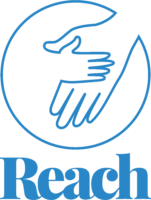
Reach Foundation
Early brain development relies on the quality of a child’s experiences in the first years of life and has a lasting impact on a child’s ability to learn and succeed in school and life. Reach delivers a movement program for babies from birth, based on an understanding of sensori-motor development in relation to neurodevelopment. The program incorporates functional and transitional movements, locomotion, organic strength, balance and coordination.
Rebound WA
Rebound WA’s programs help children and teens with physical disabilities to become more confident, make friends with peers and learn new skills through sport, recreation and social activities tailored to their needs. Rebound WA’s programs also provide opportunities for families to join in the fun and develop valuable support networks.
Redkite
Children with cancer and their siblings experience significant distress and anxiety during treatment and on return home after treatment finishes. Redkite provides specialist child counselling and music therapy that helps them to cope with the immediate and ongoing impacts of cancer, to ensure their best possible mental health and wellbeing.
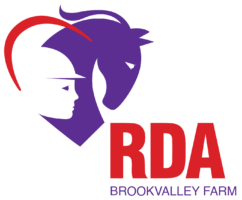
Riding for the Disabled Association of Western Australia - BrookValley Farm
RDA BrookValley Farm provides therapeutic equine-related activities to further the health and wellbeing of children and young people with physical and mental health challenges. A larger, specifically trained harness pony will enable RDA to extend the successful Wheelchair Carriage Program to accommodate increased numbers of clients.
Riding for the Disabled Association of Western Australia - Carine Group
Working with children living with physical and intellectual disabilities and mental health challenges, Riding for the Disabled Carine will be able to extend its reach to more children so they can access affordable Therapeutic Riding and Hippotherapy support, regardless of disability, race, religion or socio-economic status.
Rocky Bay
The Early Start Intervention Program provides life-changing therapy for children at risk of, or diagnosed with, rare disease who historically may have missed out on critical early therapies. The Auswim program seeks to nurture foundational skills to support participation in swimming and water safety awareness for autistic children.
Royal Flying Doctor Service
Critically ill babies and children present some of the most challenging medical situations for Royal Flying Doctor Service doctors and nurses. The purchase of seven battery-operated Airvo 3 portable respiratory support device delivers warmed and humidified respiratory gases for babies and children across WA.
Saba Rose Foundation
The Mobile Magic Carpet is an award-winning interactive projection system designed to offer inclusive play, therapy and interaction for users of all abilities. The Mobile Magic Carpet projects specially designed movement responsive software applications onto horizontal surfaces. Children move over the image to engage with the projected content. An infrared camera detects movements and feeds the live real-time video image stream into apps so that users get an immediate response to their movement over the projected image.
SensesWA
Acquiring a regional fleet of FrameRunners will help SensesWA to establish a FrameRunning program for country WA kids. The program will assist in building an active lifestyle for children with a disability in regional WA and contribute to regular social engagement, promoting friendships, fun and fitness.
Shooting Stars
The Sparks Program supports young Aboriginal girls across WA to identify and pursue their “spark”, an interest/passion that gives them purpose, direction and focus while they build self-esteem and learn to break shame. Sparks strengthens intrinsic motivation, initiative and engages participants with a support network of adults to appreciate, nurture and encourage them going forward.
Sony Foundation Australia
The Children’s Holiday Camps provide free overnight care for children with disability and complex needs, which offers valuable respite for their families and carers; uniquely, primary care is delivered by high school and university students. The program fosters inclusion and is a lifeline for vulnerable children in the Perth metropolitan and Kimberley regions who face challenges accessing critical health and wellbeing services.
Spectrum Space
The Telethon Holiday Makers Program provides a safe, inclusive space for autistic children aged 5-18 to make friends and try new and engaging activities. The program runs in Fremantle, Marangaroo and Rockingham and is facilitated by qualified professionals, who work to build participants’ social skills, confidence and self-esteem whilst they have fun.
Spinnaker Health Research Foundation
The Bod Pod will provide researchers an important tool to measure, record and track body composition of children identified as at risk of early-onset metabolic disease through a comprehensive assessment of the efficacy of health and wellbeing interventions on the presence, ratio and distribution of fat versus lean mass.
Sports Challenge Australia
The successful rollout of the E-PALS platform, measured objectively, has been a game changer in reconnecting at-risk children with their own dedicated Sports Challenge mentor (24x7) outside the school gate, to improve mental and physical health, and will be expanded to more needy communities.
Starick
Thriving Through Connection is a pilot program to support young people aged 11-17 impacted by family and domestic violence. It is a bespoke program tailored for each young person’s needs and will include individual and group activities provided by a Youth Worker, focused on building their safety, capacity, resilience and wellbeing.
St John WA
The free First Aid Focus awareness program successfully teaches students critical lifesaving skills in an emergency whilst waiting for support and ambulance arrival. This application is to directly empower and support regional disadvantaged and vulnerable students to become first responders following in-person online teaching in remote schools.
Starlight Children’s Foundation
Livewire at Perth Children’s Hospital supports the psychosocial and emotional wellbeing of young people living with serious, chronic and lifelong health conditions through a range of activities that promote creative expression, personal development and social connection. The Captain Starlight program at Perth Children’s Hospital supports the wellbeing of hospitalised children and families through fun, entertainment, play and distraction.
Superfins WA
The Telethon Superfins Learn to Swim Program will provide quality swimming instruction for school children with disabilities, to promote safety in and around water, to promote positive health and fitness outcomes for participants and to encourage children to learn the techniques involved in swimming, a sport for life.
Swan Districts Foundation
Acquiring new sports wheelchairs will enable delivery of organised wheelchair sports for school children in the eastern suburbs, primarily in the City of Swan and Town of Bassendean. Participation rates for young people with a disability are low and most do not meet physical activity requirements, something Swans are looking to impact on in their Diversity, Inclusion and Equality Action Plan.
Telethon Kids Institute
At Telethon Kids Institute, our vision is simple: happy, healthy kids. With top scientific minds and world-class facilities, we bring together researchers, community, practitioners, policy makers and funders who share our vision. Our researchers are searching for answers to the big issues in child health including the impact of COVID-19 on our kids and the extra challenges faced by Aboriginal kids and families. Because all kids deserve a healthy childhood.
Telethon Speech and Hearing
Telethon Speech & Hearing provides children aged 0-8 and their families affected by hearing, speech and/or language difficulties access to a suite of educational-based, diagnostic, therapy and support services under one roof. Children are supported through individual and group-based therapy while caregivers are empowered with the necessary skills to support their children at home.
The Fathering Project
The Fathering Project supports and engages fathers and father figures for the benefit of their children. Running Community Fathering Hubs, they support disadvantaged children; providing an opportunity to connect with their fathers through activities. They offer individualised support and strategies to connect with families and provide peer support to fathers of children with Neurodivergence to improve parenting and reduce distress.
The Katina Woodruff Children’s Foundation
The Inclusion Development for Refugee Children project aims to support 20 refugee/migrant children recently arrived in WA. Working with Beaconsfield Intensive English Centre, the Department of Education’s Early Childhood Support Unit and referrals from families and schools, the foundation provides cultural and educational support to help children adjust to their new life in WA.
The ORIGINS Project, Joondalup Health Campus & Telethon Kids Institute
The ORIGINS Project, a collaboration between Telethon Kids Institute and Joondalup Health Campus, is the largest study of its kind in Australia, following 10,000 children and their families over a decade. ORIGINS is collecting detailed information from pregnant women, their partners and babies on how a child’s early environment and lifestyle influences their development to improve the health of the next generation through early diagnosis and intervention.
The University of Western Australia
Raine Study researchers will recruit a new generation into the world’s first pregnancy cohort study to investigate long-term causes of health and disease across multiple family generations. Graduate School of Education researchers will develop a game-based screening instrument to empower young children’s voices on their wellbeing and support mental health early intervention.
Thriving in Motion
Thriving provide inclusive, accessible and fun exercise programs that improve health outcomes of young people who experience challenges or barriers to participating in physical activity at school or in the community. Thriving at UWA is the flagship exercise program focusing on physical literacy, strength and conditioning and Move It for Mental Health is a community-based movement program for young people who are at risk of poor mental health.
Tiny Sparks WA
Tiny Sparks WA provides support, guidance and information for families with children born early or sick through programs such as the Developmental Playgroup, providing early intervention in a play-based setting, and Nurturing Regional Neonatal Intensive Care Unit (NICU) families, aimed at closing the gap for NICU graduate families living in rural, regional and remote settings of WA. The provision of NICU Packages provides essential items to support families during their unexpected NICU stay.
Type 1 Diabetes Family Centre
The Type 1 Diabetes Family Centre is the go-to organisation for children with type 1 diabetes and their families. Recognising that type 1 can be tough at the best of times, but particularly during the teenage years, the Centre’s LEAP Program will provide a range of mental health supports, diabetes education, peer support and online connection to ensure teens can live life to the fullest with type 1.
WA All Abilities Football Association
Kickability In Schools (KIS) delivers a football-based skills program to all Education Support schools in WA. Sessions include staff attending each school and taking children through a session tailored to children with disability. KIS aims to give participants the confidence to play sport either in a club, school or home setting.
WA Child Research Fund
The WA Child Research Fund is co-funded by the Government of Western Australia and Telethon. It was established to support research that leads to better health outcomes for children and adolescents in WA, promote the translation of research findings into evidence-based health policy and practice and contribute to integrating research capability across universities, research institutes and health services by encouraging the development of research-policy-practice clusters.
WA Disabled Sports Association
WA Disabled Sports Association enhances the lives of kids with a disability through meaningful participation in sport and recreation. Ready Set Rec will enable 60 kids with severe and complex disabilities to build physical literacy and improve community engagement through modified activities, adaptive equipment and customised instruction. Adaptions for All uses a wide range of remote-control options to develop physical interactions and Eco Explorers utilises a customised conservation, adventure and nature app in conjunction with adaptive equipment to enhance the health and wellbeing of kids.
Women & Infants Research Foundation
Research studies conducted by the Women and Infants Research Foundation (WIRF) will be focused on improving the health and outcomes of WA neonates and infants from pregnancy to childhood. WIRF’s researchers are pioneering a new era of preventative medicine, solving problems at the earliest stages and delivering the healthiest possible future for the next generation of WA families.
Youth Focus
Youth Focus provides timely support to vulnerable young people who are experiencing mental health challenges. This service aims to reduce the barriers young people face when seeking help for mental health issues by providing free and accessible professional counselling services in regional and metropolitan settings across WA.
